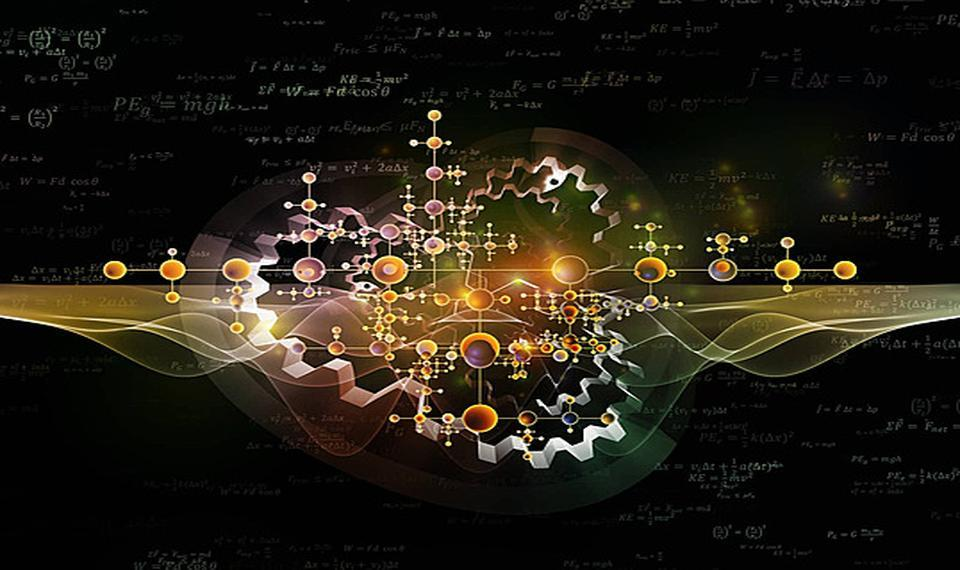![]()
Preparing for GCSE Physics Exams in New Eltham: Tips for Tutors 🎓📚
Table of Contents 📋
1. Understanding the GCSE Physics Syllabus 📖
2. Developing Effective Learning Strategies 📝
- Breaking Down Complex Topics
- Active Learning Techniques
- Personalised Learning Approaches
3. Revision Techniques for GCSE Physics 🔧
- Time Management and Planning
- Active Revision Methods
- Identifying Weak Areas and Strengthening Them
4. Motivating Students for GCSE Physics Success 🏆
- Setting Realistic Goals
- Encouraging a Growth Mindset
- Recognising and Rewarding Progress
5. Parental Involvement in GCSE Physics Preparation 👨👩👧👦
- Open Communication
- Providing a Supportive Learning Environment
- Staying Informed about the Exam Structure
6. FAQs ❓
Understanding the GCSE Physics Syllabus 📖
Start by familiarising yourself with the GCSE Physics syllabus. This will help you tailor your tutoring approach to the required topics and ensure that you cover all essential areas. Key themes include mechanics, electricity, and waves, amongst others. 🔬
Developing Effective Learning Strategies 📝
Effective learning strategies are crucial for GCSE Physics success. Breaking down complex topics into manageable parts can make them easier to understand. Active learning techniques, such as problem-solving and hands-on experiments, encourage student engagement and promote deeper learning. Personalised learning approaches, tailored to the student’s learning style, can significantly improve understanding and retention. 💡
Revision Techniques for GCSE Physics 🔧
Time management and planning are vital for effective revision. Create a study schedule that allocates dedicated time for each topic. Active revision methods, such as teaching the material to others or explaining concepts aloud, help reinforce learning. Identifying weak areas and focusing on them during revision sessions can help students improve in those areas. ⏰
Motivating Students for GCSE Physics Success 🏆
Motivation plays a significant role in academic success. Setting realistic goals and celebrating small victories can help students maintain focus and stay motivated. Encouraging a growth mindset, emphasising effort over talent, can help students develop resilience and perseverance. Recognising and rewarding progress, no matter how small, can boost confidence and motivation. 🤩
Parental Involvement in GCSE Physics Preparation 👨👩👧👦
Parents play a crucial role in supporting their children’s GCSE Physics preparation. Open communication with tutors can help parents understand the student’s progress and areas where they may need extra support. Providing a supportive learning environment at home, free from distractions, can help students focus on their studies. Staying informed about the exam structure and requirements can help parents support their child effectively. 🏡
FAQs ❓
Question 🤨: What are some effective study techniques for GCSE Physics?
Answer 💡: Active learning techniques, such as problem-solving and hands-on experiments, can help students engage with the material and promote deeper learning. Breaking down complex topics into manageable parts and creating a study schedule can also help improve understanding and retention.
Question 🙋: How can I motivate my child for GCSE Physics studies?
Answer 🏆: Encourage a growth mindset, celebrating effort over talent, and setting realistic goals can help students develop resilience and perseverance. Recognising and rewarding progress, no matter how small, can boost confidence and motivation.
Question 📝: What role do learning strategies play in GCSE Physics success?
Answer 💡: Effective learning strategies, such as active learning techniques and personalised approaches, can significantly improve understanding and retention. These strategies can help students tackle complex topics more effectively and prepare for exams with confidence.
Question ⏰: How should I plan my revision for GCSE Physics?
Answer 🔧: Time management and planning are vital for effective revision. Create a study schedule that allocates dedicated time for each topic. Active revision methods, such as teaching the material to others or explaining concepts aloud, help reinforce learning.
Question 📖: What topics are covered in the GCSE Physics syllabus?
Answer 🔬: The GCSE Physics syllabus covers a range of topics, including mechanics, electricity, and waves, amongst others. Familiarising yourself with the syllabus will help you tailor your tutoring approach to the required topics.
Question 👨👩👧👦: How can parents support their child during GCSE Physics preparation?
Answer 🏡: Open communication with tutors, providing a supportive learning environment at home, and staying informed about the exam structure can help parents support their child effectively.
Question 🤝: How can Tutor GP help with GCSE Physics preparation?
Answer 💡: Tutor GP offers personalised, one-on-one tuition from experienced tutors. Our tutors can help students understand complex topics, develop effective learning strategies, and prepare for exams with confidence. Whether you need help with GCSE Maths Tuition, GCSE Science Tuition, or A-Level Physics Tuition, Tutor GP is here to help. 🎓📚




